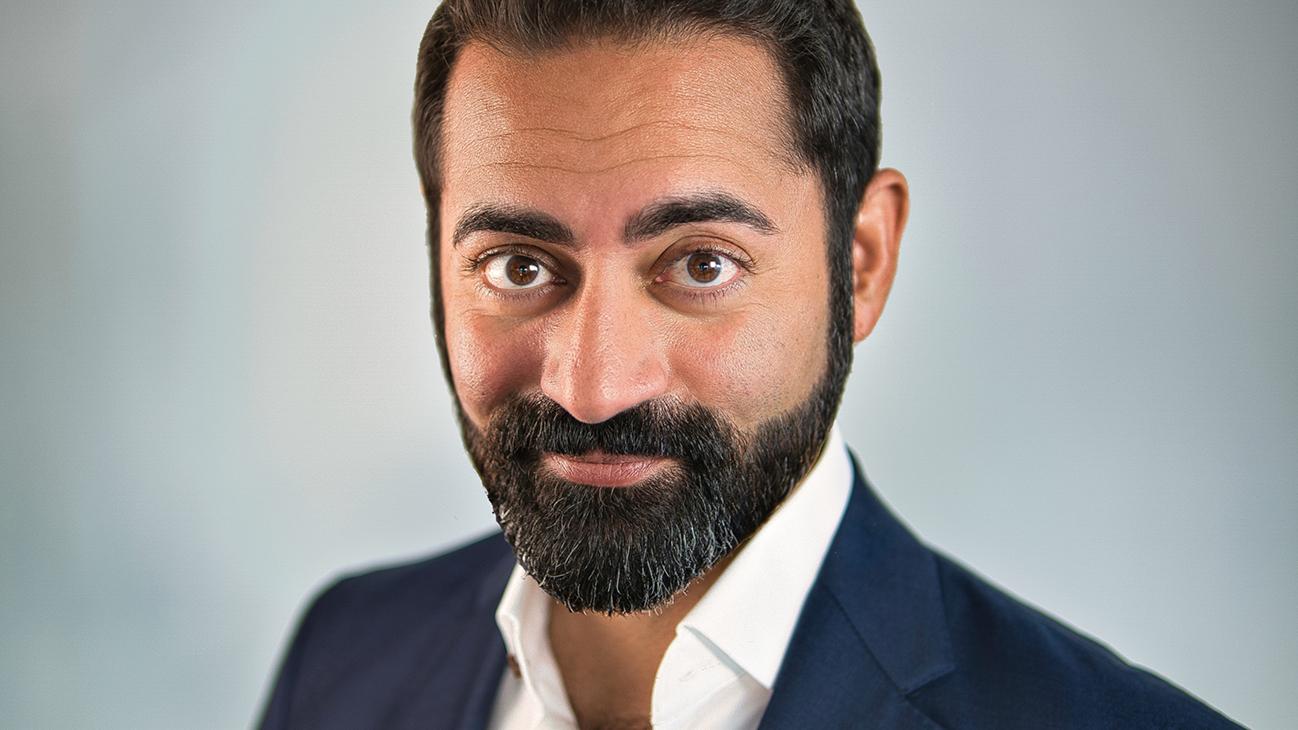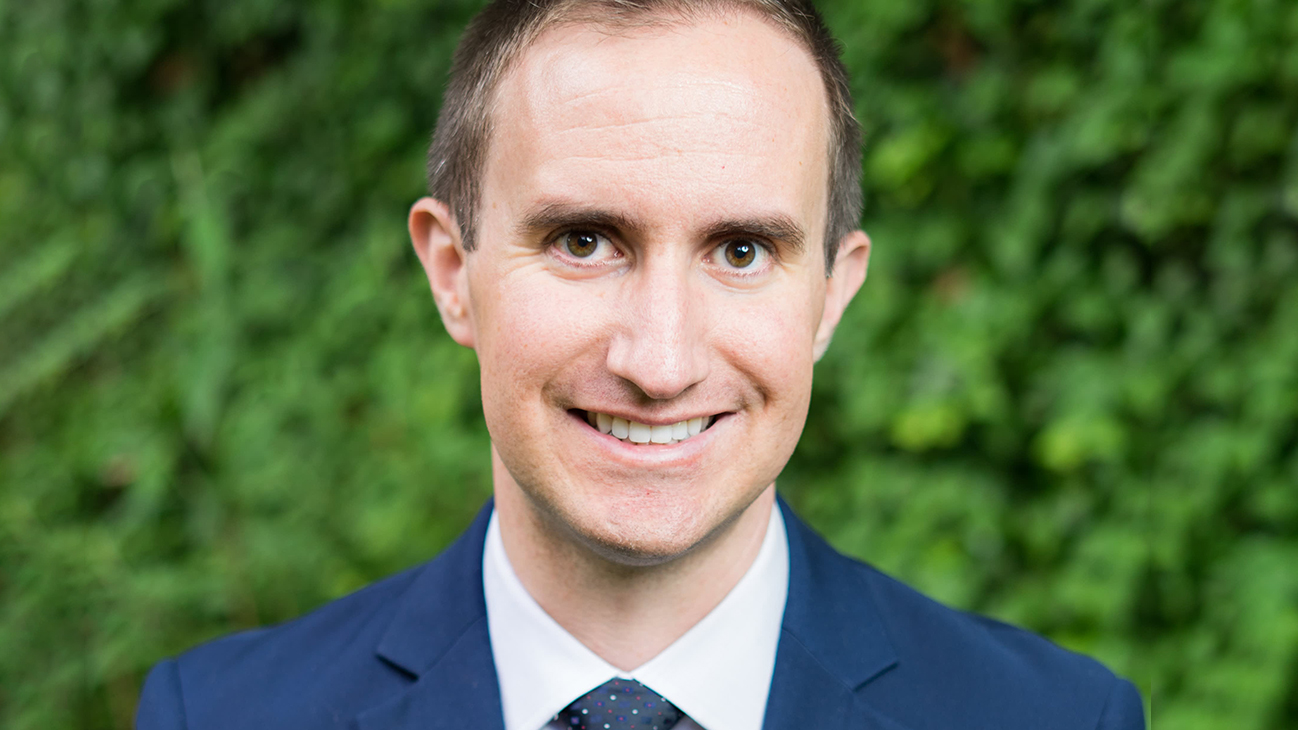With inflation in Canada reaching its highest point since 1983, its impact on the economy and personal finance is top of mind for many Canadians.
Behavioural finance expert Preet Banerjee recently joined Peter Mansbridge for an episode of his hit podcast, The Bridge, to share insight into how we got here and explore a few strategies to help consumers fight inflation.
How Did We Get Here?
It would be foolhardy to assume anybody could have accurately predicted what’s happening today, Preet said. “We don’t have a modern playbook for this,” he added. Hindsight can make it seem so clear, but it also makes us forget how otherworldly March 2020 felt at the time. People were scared, not only for their health but what the shutdowns would mean for the economy.
Today’s inflation is a result of a number of factors coming together at once. For over a decade, Preet said, governors from the Bank of Canada have warned that the level of household indebtedness is one of the biggest dangers to the economy.
People have been stretched for too long, Preet said, and the debt-to-income ratio has only increased over the years. The people who are struggling now, he said, have been struggling for years carrying debt from student loans, the high cost of housing, etc. With high inflation forecasted to continue alongside a rising cost of servicing debt, this is cause for concern. “There is no way to sugar coat this,” Preet said.
In terms of the inflated costs of goods, this is a result of how the pandemic changed people’s spending habits. While locked down, people couldn’t spend money on services and instead spent money on goods, Preet said. This put a strain on supply chains. While there was demand, factories were closed and companies couldn’t produce goods at the rate people were buying them. The impact of these supply chain issues is being felt today.
Cost-Saving Strategies to Battle Inflation
While sticking to your budget and staying true to your financial plan is key, Preet and Peter discussed a few other strategies throughout the podcast to help consumers combat inflation.
1. If Up for Renewal, Renegotiate that Mortgage
Mortgage payments could increase by $400-600 per month, depending on the type of mortgage, Preet said.
With a variable rate mortgage, those whose interest rate is tied to the overnight rate set by the Bank of Canada will see their monthly payments fluctuate as interest rates fluctuate. Others will not see their monthly payments change, Preet said, but instead see their amortization length increase. So, while they may not be affected in the short term, they will feel it in the long term.
Those with a fixed rate mortgage, Preet continued, pay a fixed monthly amount per the term of their mortgage. But, if they’re up for renewal, Preet recommends that homeowners take this opportunity to shop around.
Many homeowners may not realize that they can negotiate or shop around when they get that letter of renewal, Preet said. If you don’t like negotiating, he continued, consider a mortgage broker. They can present you with options especially if you need to restructure or refinance because money is. Don’t just blindly accept that renewal offer, Preet warns.
2. Pause Before Buying in Bulk
When there is an expectation that inflation is going to remain high, some people think they should buy in bulk or pull forward future purchases and buy them now before costs get any higher, Preet said. But buying more now only keeps prices increasing.
The cure for high prices is high prices, Preet said. If people buy less because of high costs, sellers will be forced to respond by reducing prices. We’re starting to see that now, Preet said. Home appliances are going back on sale because there is a surplus — people are no longer buying them at the high rates we saw during the pandemic.
3. Buy Out that Car Lease
In most circumstances, cars are a depreciating asset, but, in times of inflation, cars can actually increase in value. Right now, used cars have gone up 30-35% in price, Preet said, which means you could potentially sell a new car for the same price you paid at the time of purchase.
If you’re near the end of your lease, Preet says you should consider buying your car, even if you don’t want it, because you can likely sell it for more money. When signing your lease, car dealerships will mention the residual value of your car at the end of the contract — it’s their prediction at what they think the car will be worth. This number is probably lower than what your car is actually worth in today’s market. If you buyout that lease, it might be the best deal on a car you can get.
How to Manage Investments When the Stock Market is Crashing
Alongside inflation is a crashing stock market, which can leave many investors nervous and unsure about their investment plan. Preet recently shared a video exploring the mental models and scripts that he uses to help him stay true to his investment plan even when the markets are bleeding red. His mantras include:
- Someone is buying what you are selling.
- I get to buy retirement income at a discount.
- The market can stay irrational longer than I can stay solvent.
- The news headlines aren’t talking about MY portfolio.
- Doing nothing is not doing nothing — it’s sticking to the plan.
Watch the full video below to learn more:
As today’s economic landscape dominates the headlines, it’s become one of our most requested topics. Meet some of the trending speakers in this category below and contact us at [email protected] to learn more.

Preet Banerjee Best known as a financial panelist on CBC’s The National and as a contributor to Global’s The Morning Show, Preet Banerjee financially empowers his audiences through his world-class expertise and unique ability to take the complexity out of money matters. |

Morgan Housel Morgan Housel is an award-winning expert on behavioural finance. Using insights from psychology, history, neurology, and sociology, he combines storytelling with the latest research to show audiences where the economy is headed and how industries can stand to thrive. |

Melissa Leong One of Canada’s best-loved authorities on personal finance, Melissa Leong is the bestselling author of Happy Go Money. She helps audiences unlock financial happiness by equipping them with the tools needed to not only stay afloat but thrive during unexpected storms |



